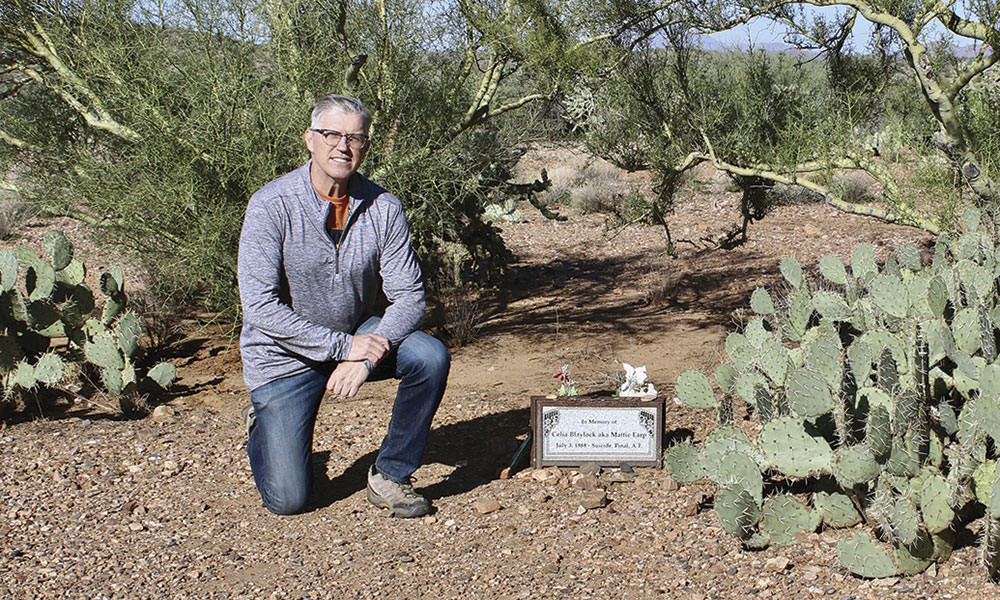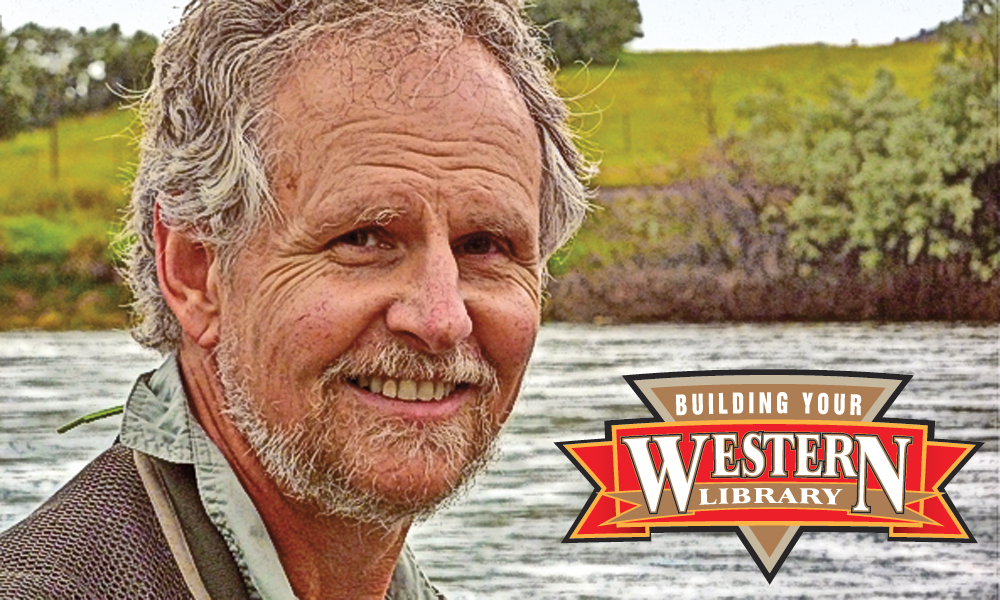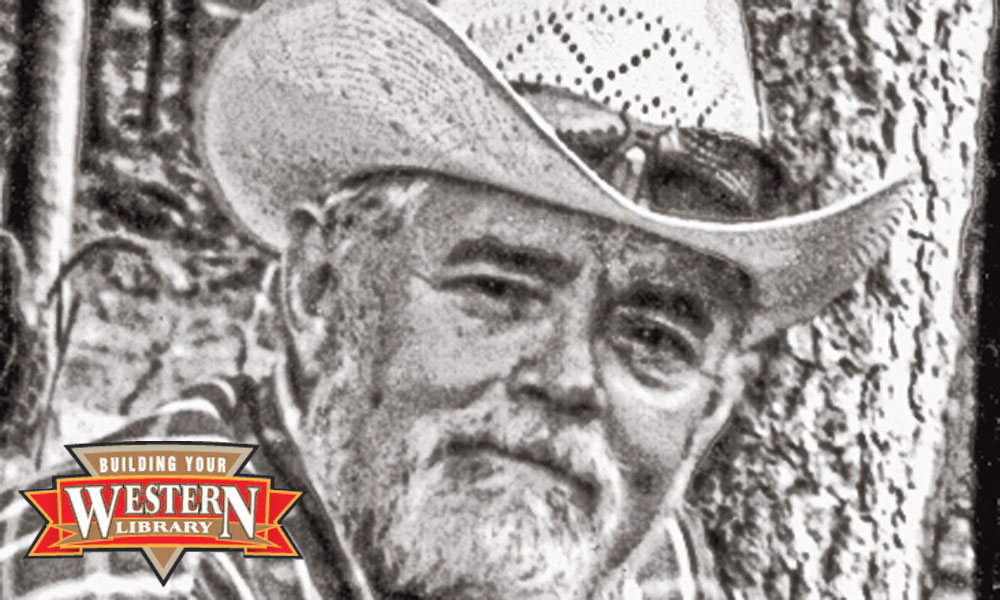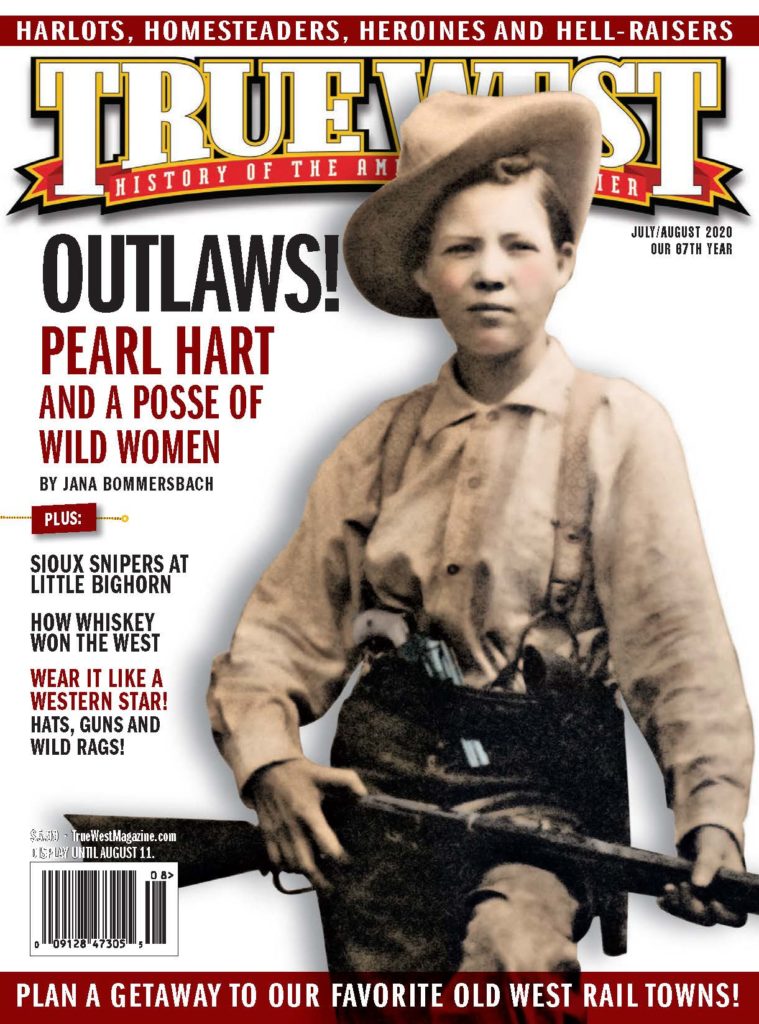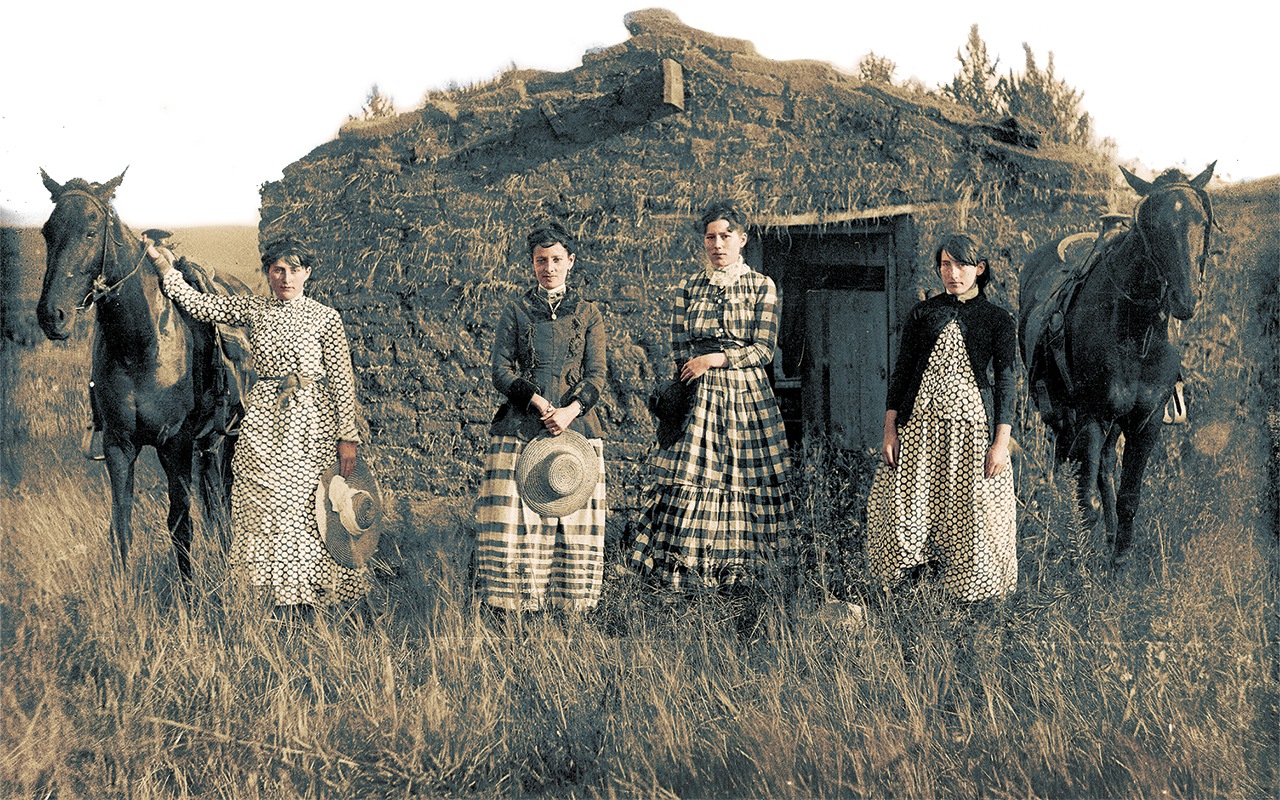
– Solomon D. Butcher, Courtesy Library of Congress –
“It is curious how quickly one’s animal instinct of survival comes to the fore in primitive lands,” recalled Edith Eudora Kohl in her homesteading memoir Land of the Burnt Thigh: A Lively Story of Women Homesteaders on the South Dakota Frontier. The year was 1907, and Edith and her sister Ida Mary had settled on their homestead claim 30 miles southeast of Pierre. “It was a frontier saying that homesteading was a gamble: ‘Yeah, the United States government is betting you 160 acres of land that you can’t live on it eight months.’ Ida and I weren’t betting; we were holding on, living down to the grass roots. The big problem was no longer how to get off the homestead, but how to keep soul and body together on it.”
Edith and Ida weren’t the first or the last single women 21 years old or older to try their hands at—and be challenged by—homesteading Western lands. The 1862 Homestead Act—and later the Kincaid Act of 1904 that doubled the homestead from 160 to 320 acres—gave single, widowed, divorced and abandoned women the right to homestead. And they did it successfully at a greater rate than men.
Homesteading proved to be an acceptable enterprise for single women (married women could keep their claims after marriage) in the West, and those who settled the West outside of homesteading or were married had fewer rights under the law and in the courts.
In the post-Civil War Gilded Age era, pioneer women fought for suffrage, labor laws, religious and educational freedom, and regulations for food production and medicine. They were leaders in the anti-saloon movement and pushed for laws against gambling and prostitution. In 1919, Prohibition became the law of the land with the 18th Amendment and a year later, women gained the vote with the 19th Amendment. While many of these rights took years to pass, women—especially minority women of the West—have had to fight even harder for equality in the 20th and 21st centuries. We celebrate these Western women, who when down to “the grass roots” did not pull up stakes, but instead discovered their “animal instinct of survival.”
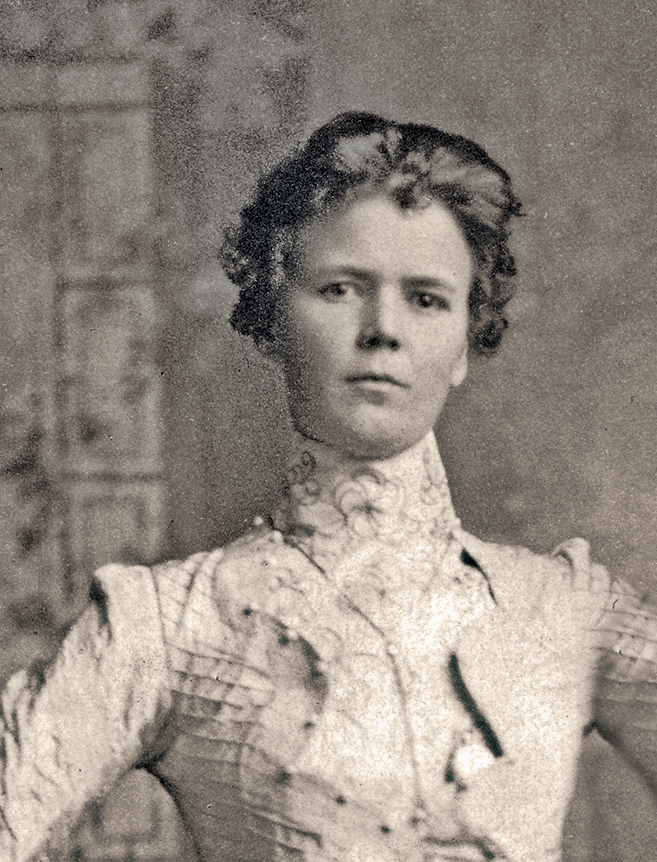
– True West Archives –
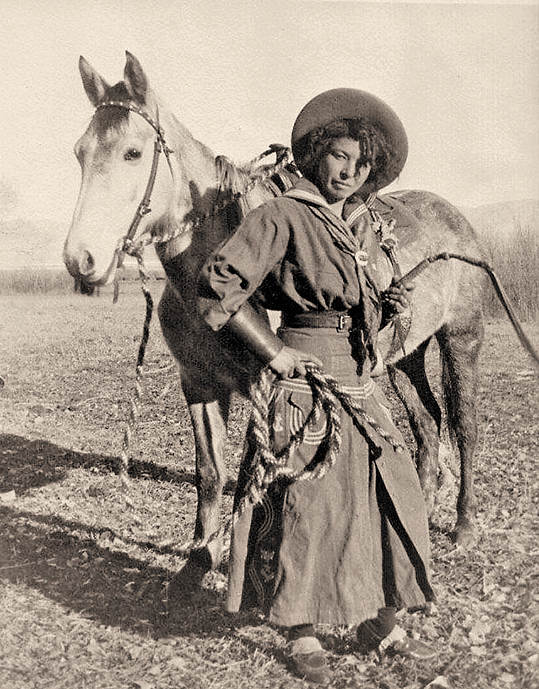
– True West Archives –
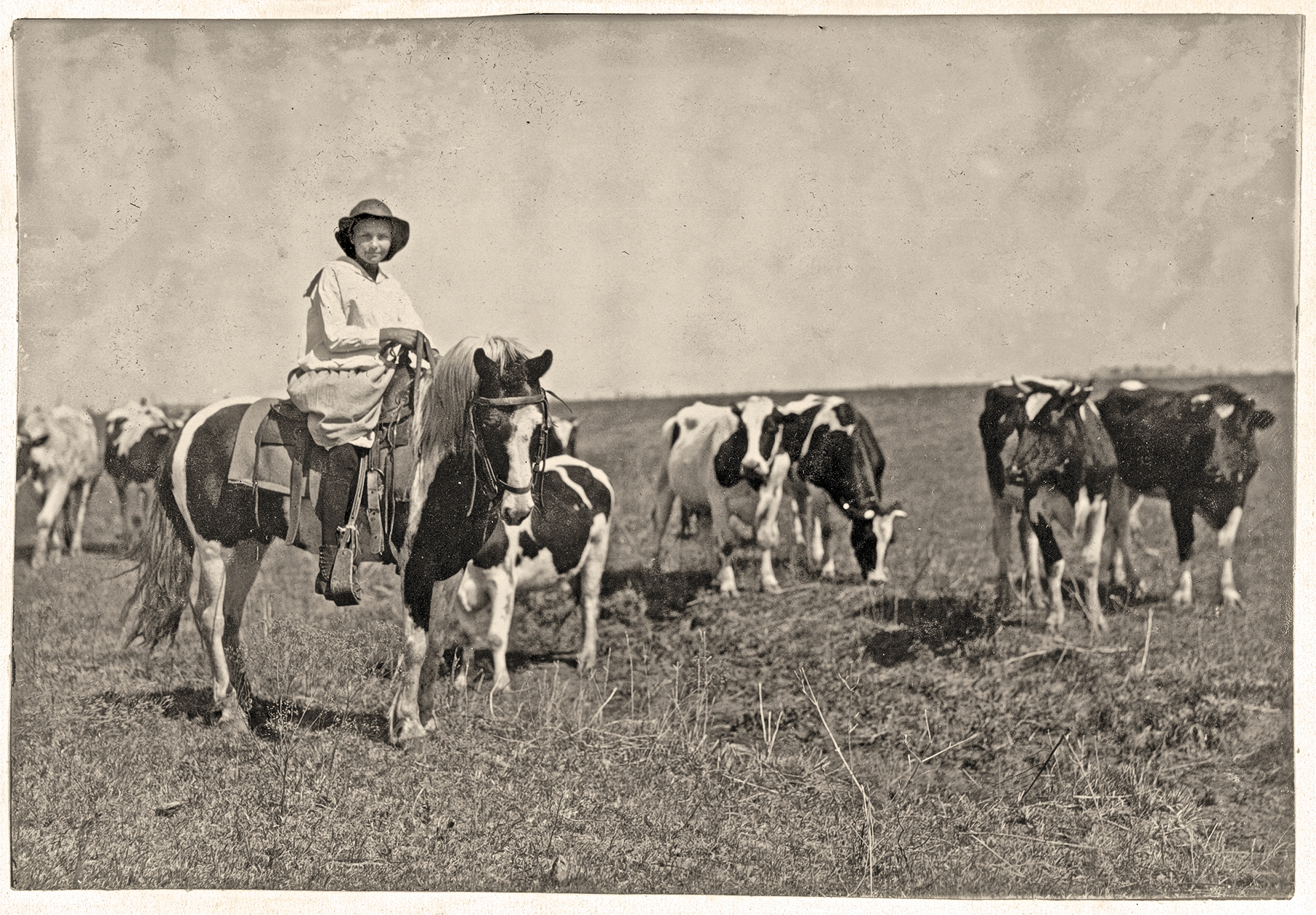
– Lewis W. Hine, True West Archives –
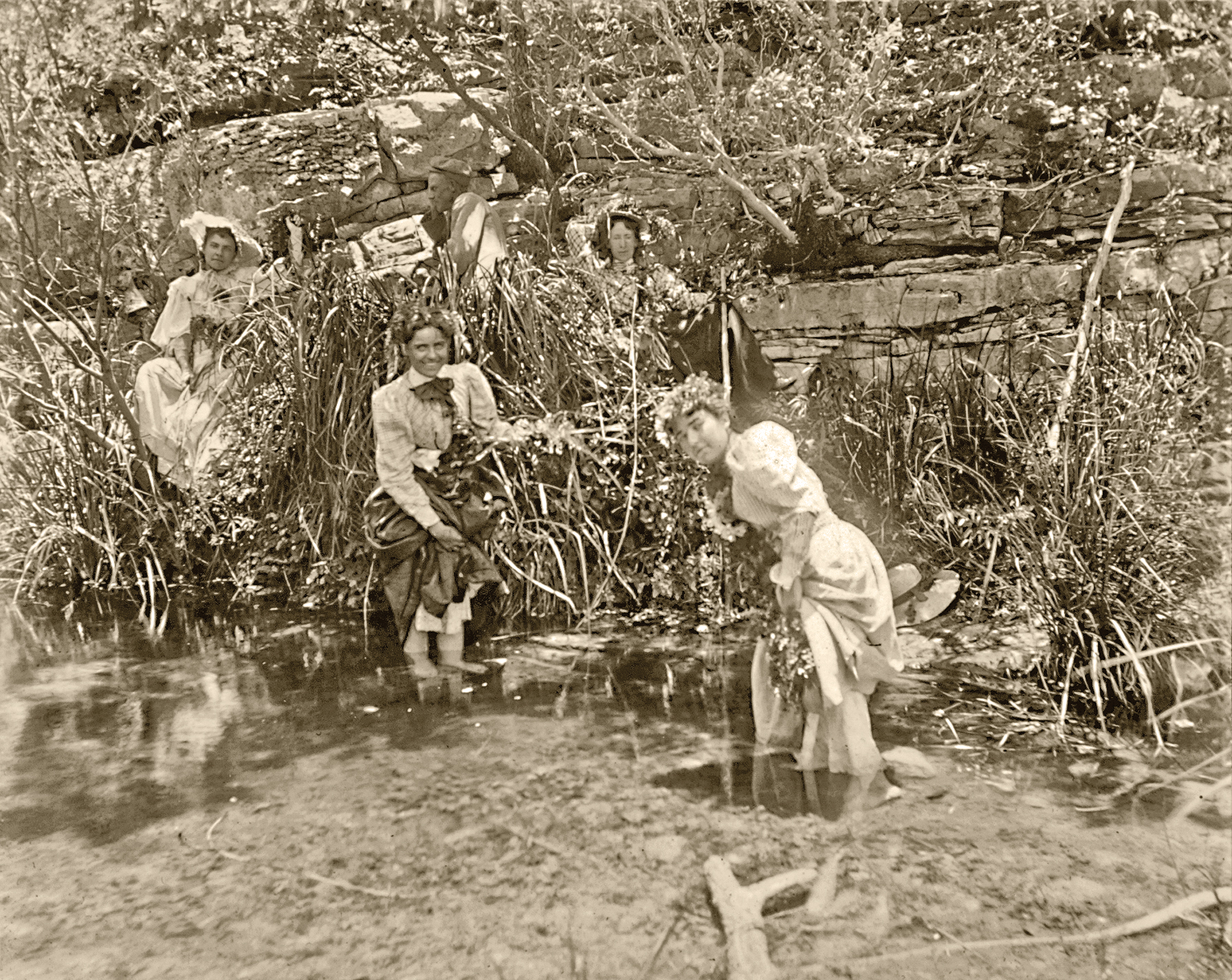
– Frank E. Downs, Courtesy NYPL Digital Collections –
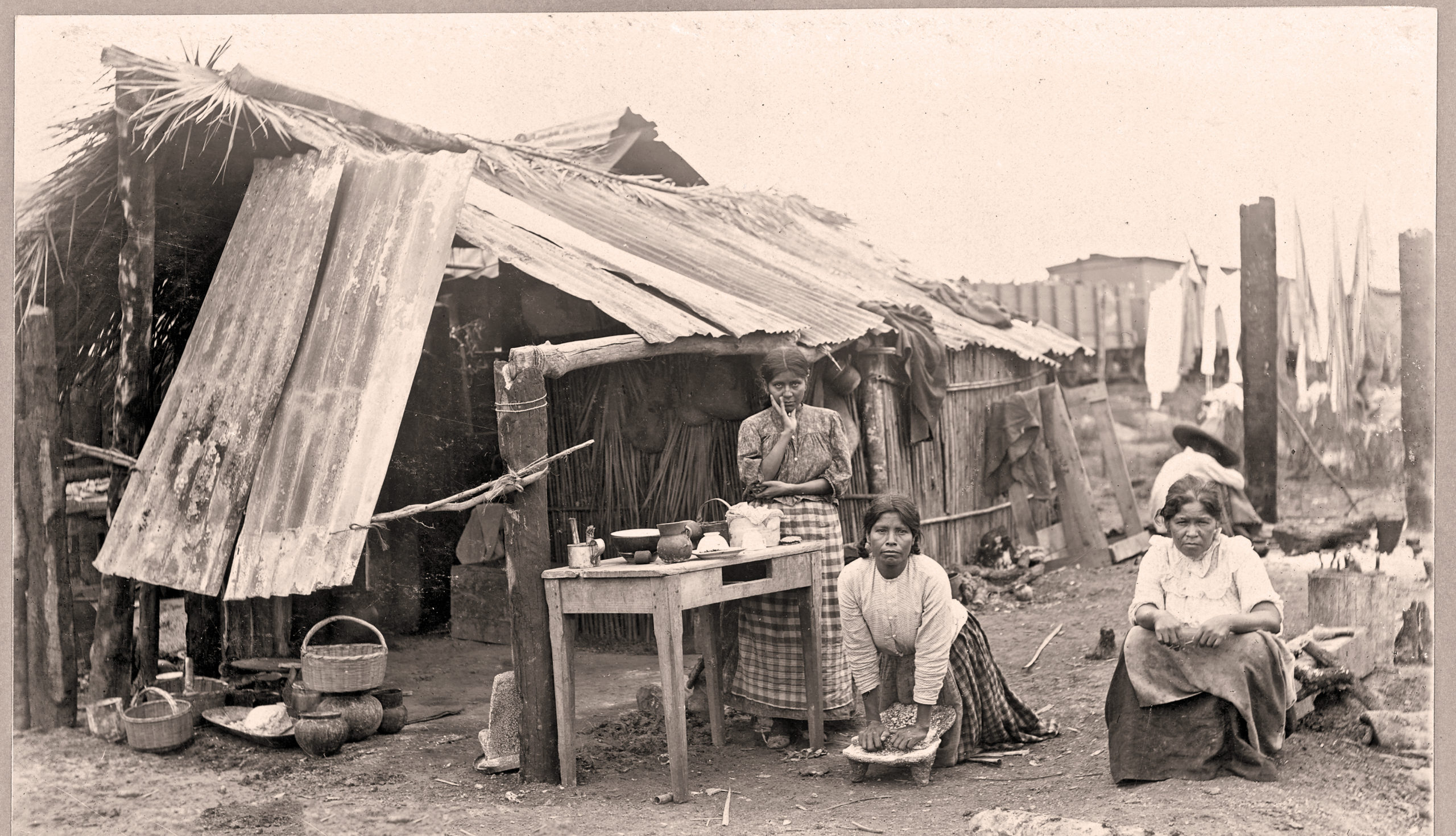
– Mayo & Weed, Courtesy NYPL Digital Collections –
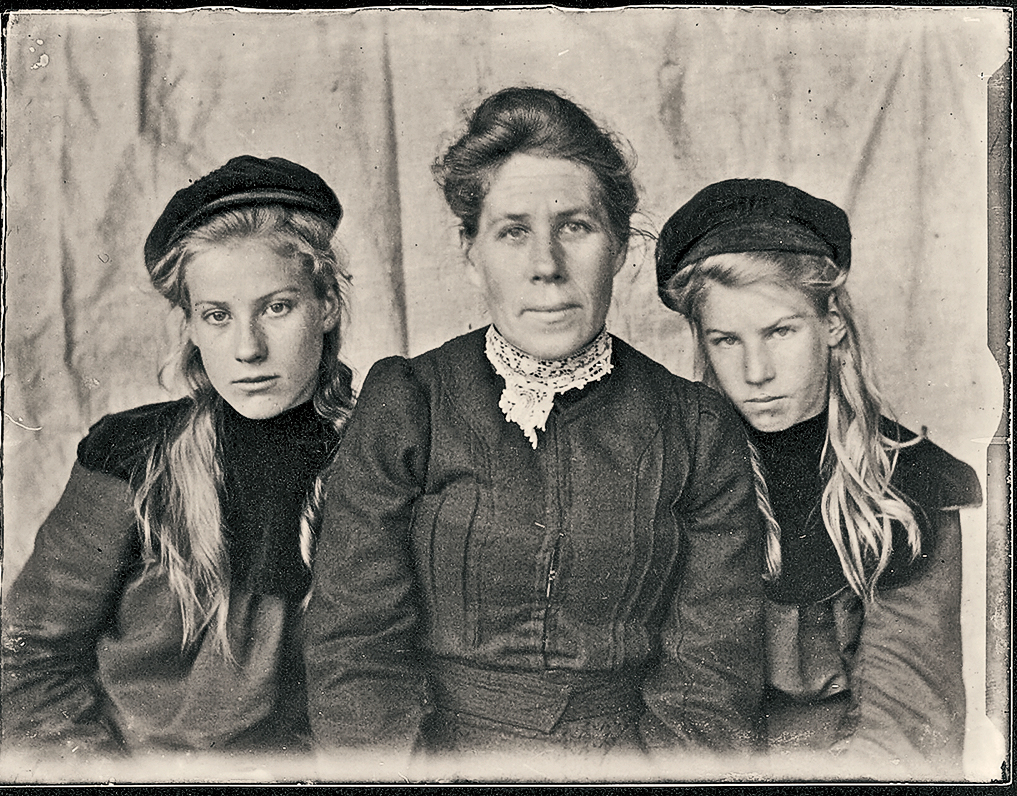
– Mary Stella Mowbray, Courtesy Beinecke Library, Yale University –
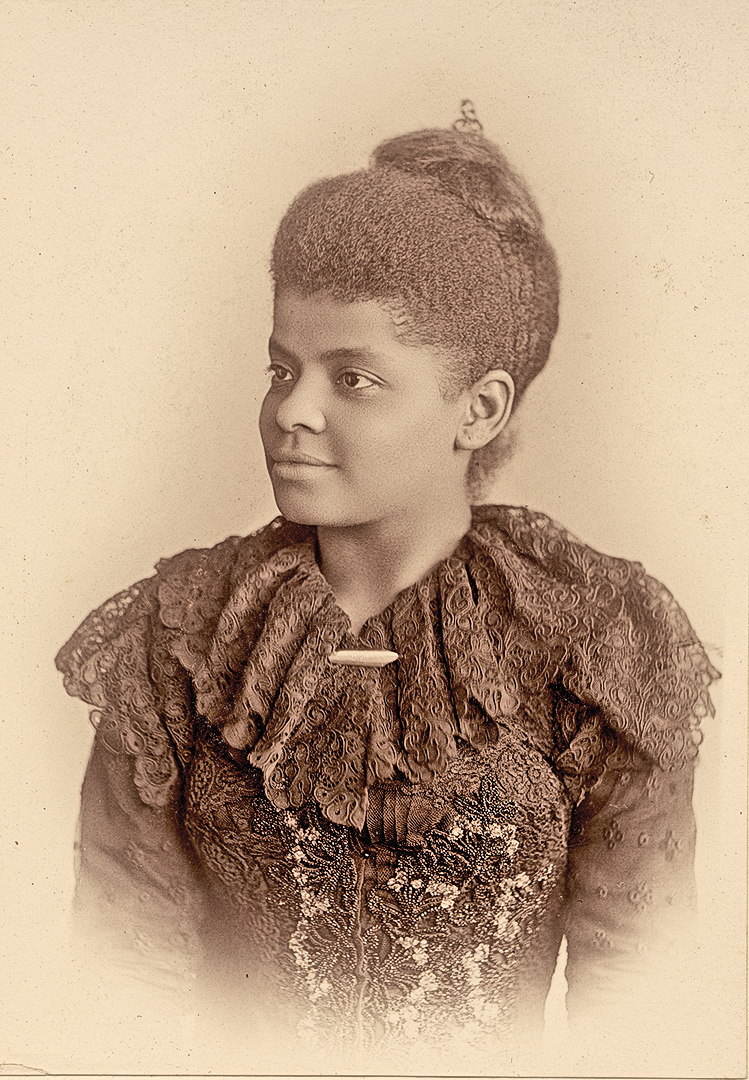
– Sallie E. Garrity, National Portrait Gallery, No.A9000072C_1, Washington, D.C. –
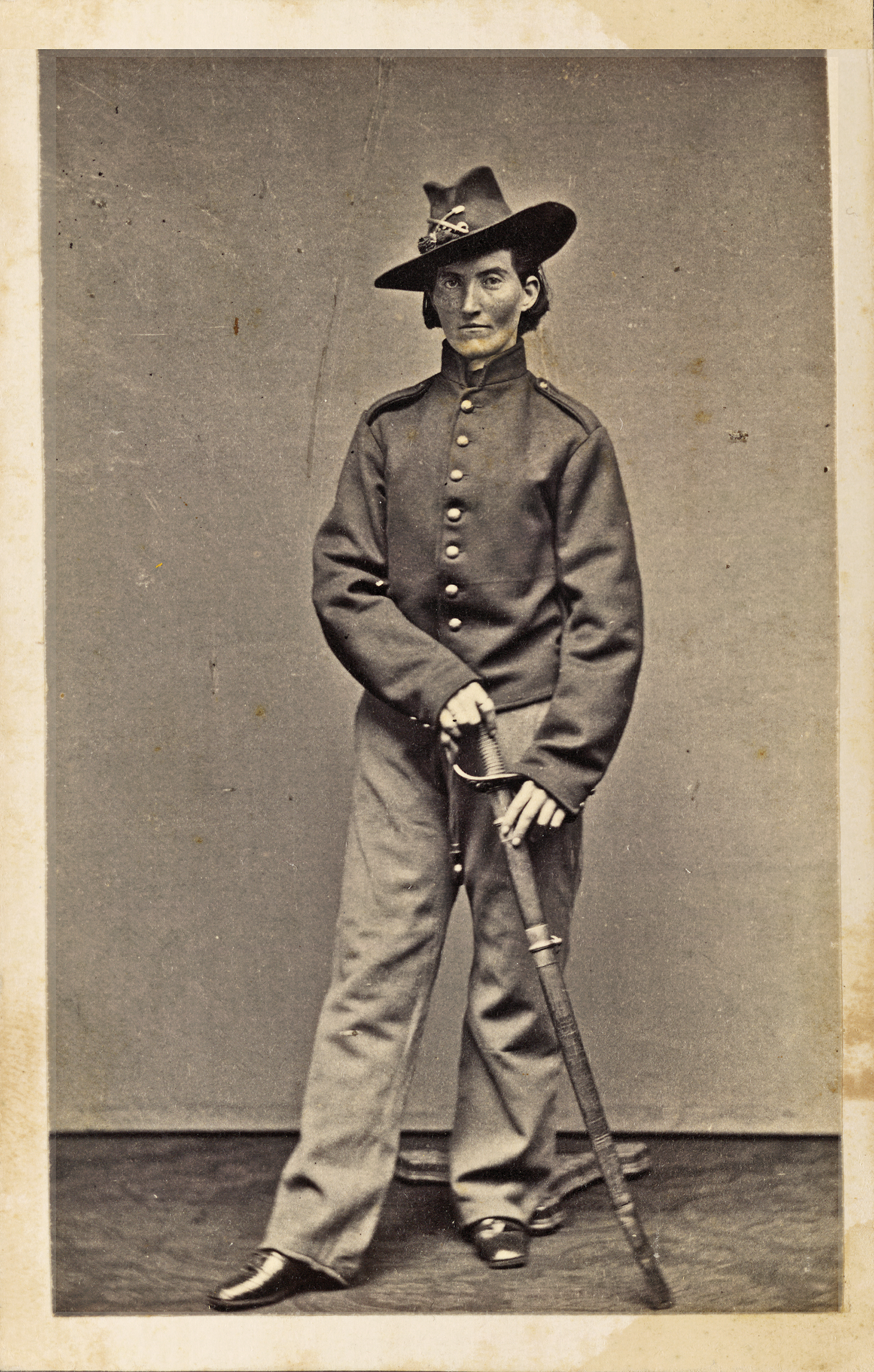
– Samuel Masury, Courtesy Library of Congress –

– Jeremiah Gurney & Son, True West Archives –
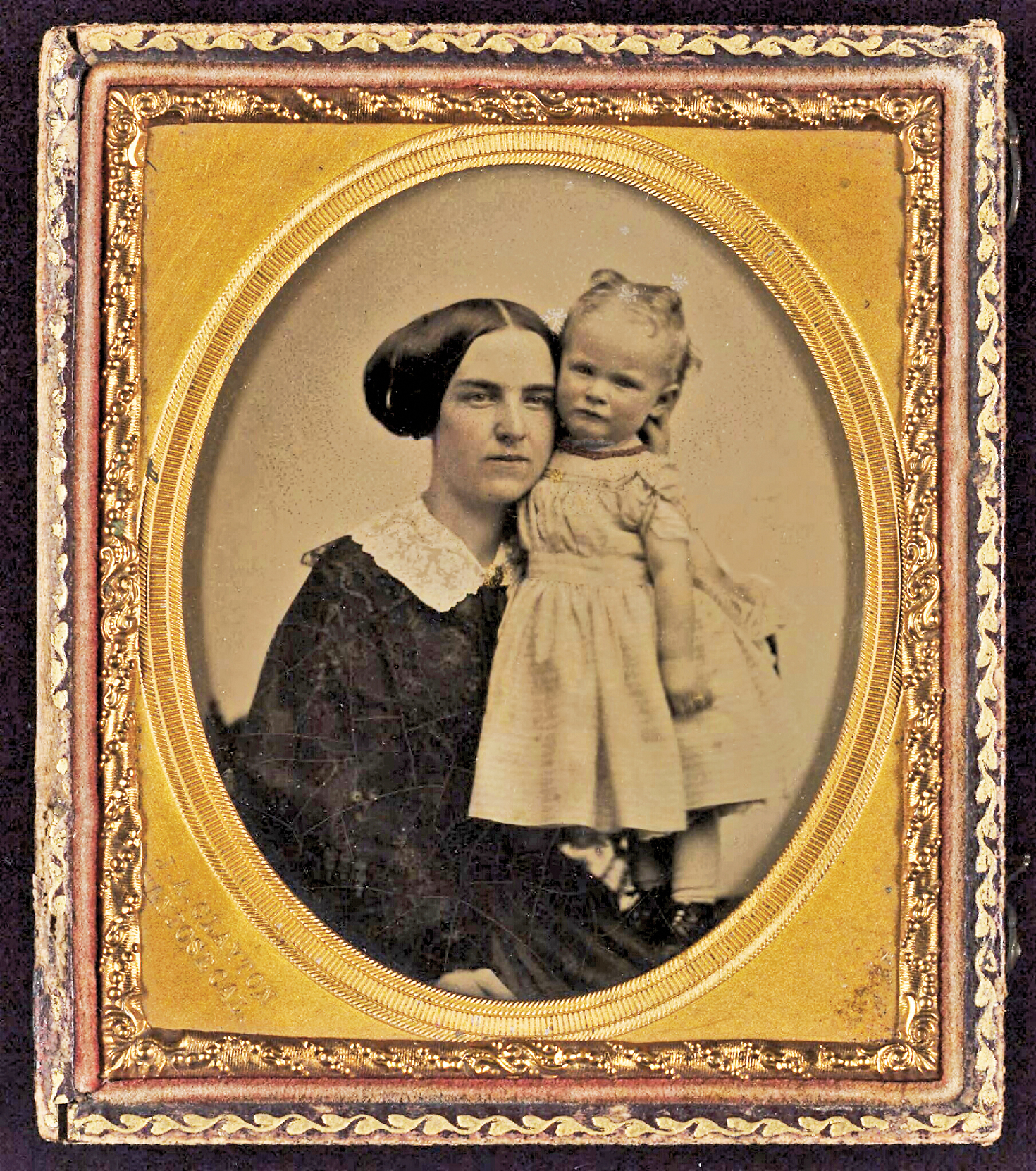
– James A. Clayton, Courtesy Beinecke Library, Yale University –
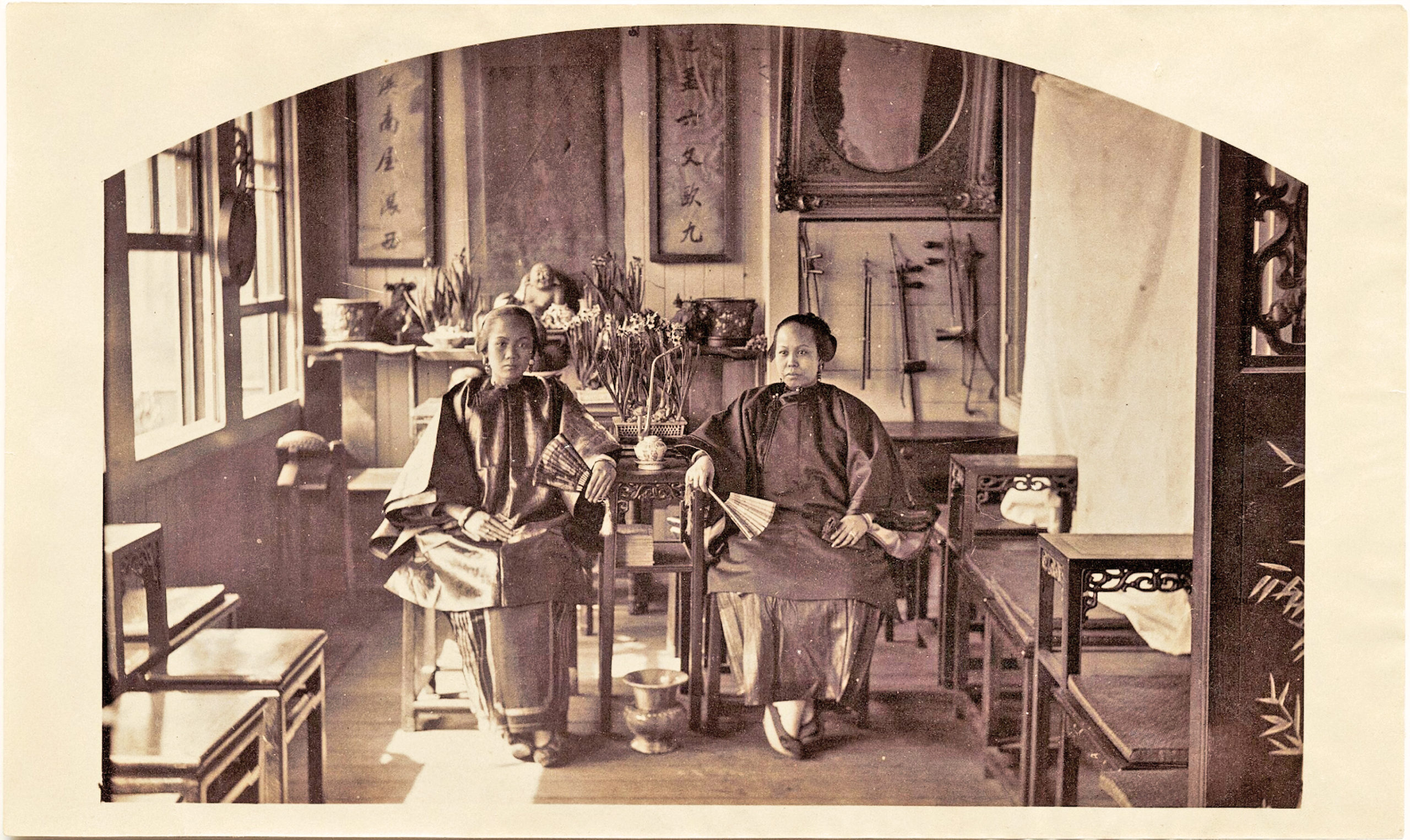
– Carlton Watkins, Courtesy Beinecke Library, Yale University –
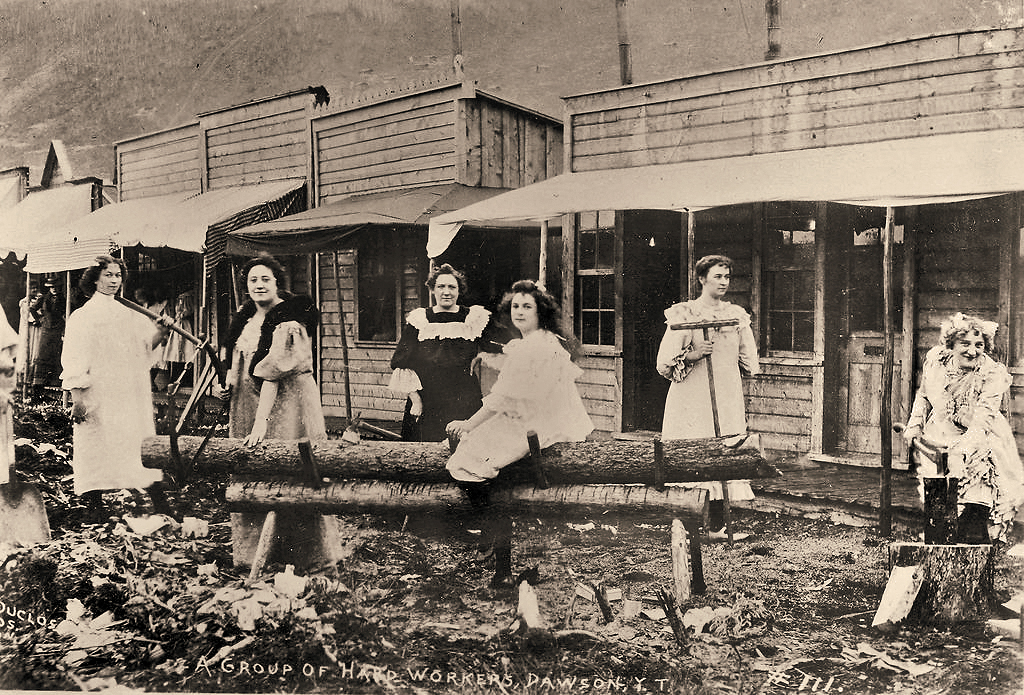
– True West Archives –

